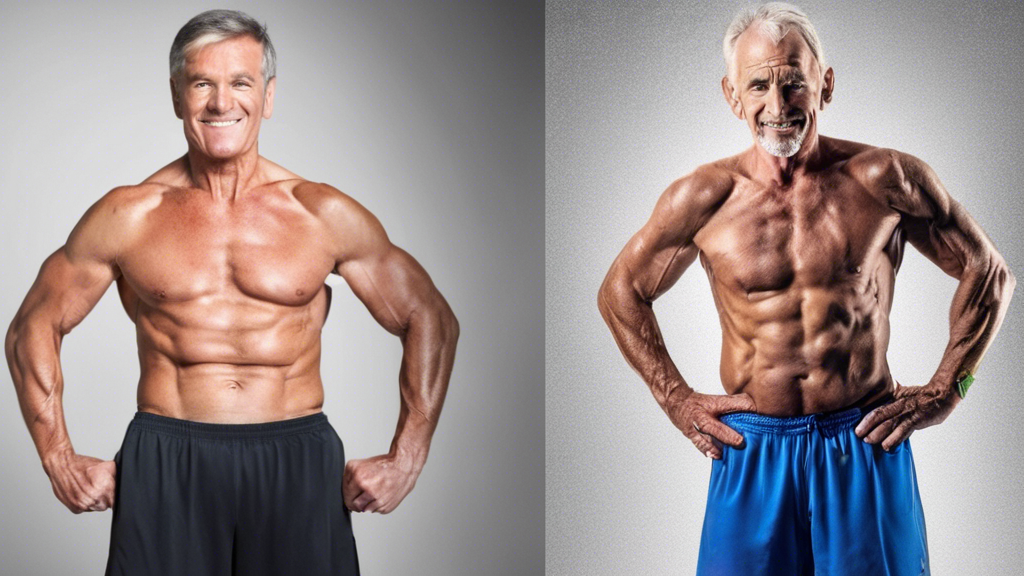Comprehensive Guide to Men’s Fitness and Nutrition Over 50
Men’s Fitness and Nutrition Over 50
Essential Nutritional Focus
Maintaining a balanced diet is crucial for men over 50. This includes a variety of foods such as fruits, vegetables, whole grains, lean proteins, and healthy fats to support overall health and prevent common health issues. Particularly, protein intake is vital as it aids in the building and maintenance of muscle mass, with recommended sources including beef, chicken, eggs, fish, and legumes. Aim for 1.2 to 1.6 grams of protein per kilogram of body weight per day.
Additionally, calcium and vitamin D become increasingly important to maintain healthy bones. Dairy products, fortified plant-based milks, leafy greens, and certain nuts and seeds can help meet these nutritional needs. Another focus should be on B vitamins (B6, B12, and folate) which support nerve function and the production of red blood cells. Foods such as beef, chicken, eggs, leafy greens, legumes, and fish are excellent sources.
Exercise and Lifestyle Adjustments
Incorporating a combination of strength training and moderate-intensity cardio is highly recommended for men over 50. Strength training particularly helps maintain muscle mass, and cardio aids in improving cardiovascular health. Daily physical activities, such as gardening or light housework, are essential for maintaining metabolism and reducing muscle loss. These can be supplemented with more structured workout routines as fitness levels improve.
Furthermore, adopting a Mediterranean-style diet, which includes fish, poultry, eggs, fruits, vegetables, nuts, whole grains, legumes, and extra-virgin olive oil, offers multifaceted health benefits, including weight loss and reduced risks of heart disease and certain cancers. It’s also important to consider that as men age, their calorie needs often decrease due to lower activity levels and muscle mass. Thus, individual calorie requirements should be adjusted accordingly.
Practical Tips for Daily Living
Ensuring adequate fiber and fluid intake is another significant aspect. Fiber from fruits, legumes, nuts, whole grains, and vegetables helps maintain normal bowel function, while staying hydrated is crucial, particularly because older adults might not feel thirsty even when they need fluids. Small lifestyle changes can also make a big difference. Simple actions, such as standing instead of sitting, taking the stairs, and limiting processed foods, can substantially contribute to overall health and weight management.
Lastly, it’s paramount to remember the importance of making lifestyle adjustments that can lead to better health outcomes. Engaging in activities that keep you moving throughout the day, coupled with conscious dietary choices, can significantly improve the quality of life as men age. By adhering to these principles, men over 50 can sustain health, vitality, and fitness well into their golden years.

